Letter to the American Psychological Association highlighting how their Clinical Practice Guidelines are being misused by insurance companies such as Lyra Health to explicitly exclude relationship-oriented therapists from their panels. These misguided decisions ultimately harms the consumers of psychotherapy by misleading them and restricting their choices.
Misleading Claims by Lyra Health
Many in the field of psychotherapy, including practitioners and marketing personnel, are currently using the term “evidence-based therapy” to refer to something quite different from what someone might otherwise assume. The specific claims by Lyra Health of providing “evidence-based psychotherapy exclusively” is particularly problematic, as these claims not only hurt the consumers of psychotherapy by misleading them and restricting their choices, but it is also discriminatory by explicitly excluding psychotherapy models that have a different value-base from being considered legitimate forms of therapy. Complaint filed to the California Department of Insurance and the California Department of Managed Health Care.
Treat Misleading Claims Of Evidence-Based Psychotherapy As False Advertising - A Letter to Licensing Boards
Investigating False Claims of Evidence-Based Psychotherapy
The false narratives of evidence-based claims are perpetuating turf-wars between psychotherapy models and failing our clients. This article creates awareness of the harmful effects of the false either-or argument between person-centered and techniques-centered groups. It also provides a clear and compelling case in calling practitioners and researchers across different psychotherapy models to unite together to work towards true evidence-based psychotherapy practice.





